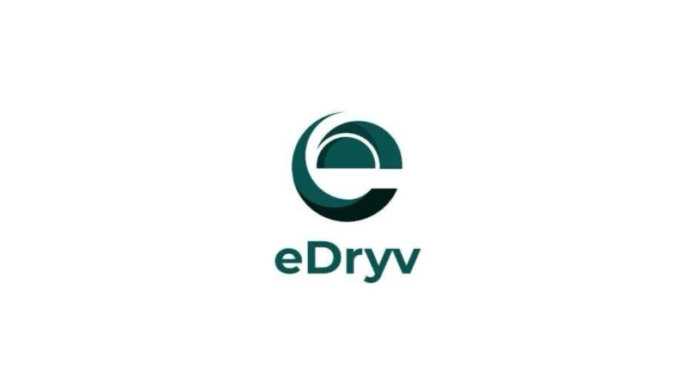Nigeria has got its first electric vehicle (EV) ride-hailing service powered by 95 per cent solar energy, a tech-driven mobility solution manufactured by Lagos-based Foltï Technologies Limited.
This is a boost for Africa’s most populous nation’s drive for cleaner energy and renewable technologies.
eDryv, launched at the company’s solar-powered headquarters in Victoria Island, Lagos, attracted stakeholders in the transport, energy, and tech industries, as well as government officials and green mobility advocates, BusinessDay reports.
“We’ve built an end-to-end clean mobility ecosystem powered almost entirely by solar energy. Our vehicles run on electricity generated and stored using locally installed solar infrastructure. We are not just building a ride-hailing app, we are building a greener, more sustainable future for Nigeria,” said Ahmad Damcida, founder and principal of Foltï Technologies.
With eDryv, Foltï Technologies brings to the Nigerian transportation market a unique transportation-as-a-service (TaaS) model that includes ride-hailing, vehicle rentals, and corporate transport solutions, entirely powered by renewable energy, according to BusinessDay.
The company said the service will commence operations on Sunday, April 13, 2025, starting in the Lagos Island axis.
eDryv is designed with affordability and environmental consciousness in mind. The company offers competitive fares, charging less than ₦320 per kilometre, and introduces an innovative Green Coins loyalty programme. Users earn points based on their zero-emission travel distance, which can be redeemed for discounted rides.
“Every kilometer you travel in an eDryv vehicle is a contribution to cleaner air and a better environment,” Damcida said. “And we reward you for it.”
Damcida, who has spent nearly two decades in the oil and gas sector, said the company’s pivot to renewables is both strategic and timely.
“We know the oil business, but we also know the time has come to decarbonize,” he said. “Our EVs are more suitable for Africa’s context—easier to maintain and built for longevity.”
Unlike traditional models where EVs are sold at high costs, Foltï’s eDryv makes mobility accessible through a subscription model. Each EV, which costs around ₦44 million, is provided as a service, removing the burden of ownership for drivers and riders.
According to Emmanuel Alagbe, head of operations and maintenance, the company currently operates two vehicle models: the Dayun MPV with a 450 km range and the Dayun SUV with a 330 km range. All vehicles are monitored using in-vehicle telematics that provide real-time insights on driver behavior, route efficiency, and vehicle performance.
To support the rollout, the company operates a fully functional solar-powered charging hub in Agungi, with eight 30 kW ports and a 460 kWh energy storage system. Additional charging stations are underway in strategic parts of Lagos, including the Mainland and Marina-Ajapa corridor.
At the launch event, many attendees expressed excitement about the introduction of clean mobility. Kemi Olatunji, a Lagos-based marketing executive, said she looks forward to using eDryv for her daily commute.
“I spend a fortune on transport every week, and I’m constantly dealing with delays and fuel issues,” she said. “A reliable, solar-powered ride at a lower cost is exactly what we need in this city.”
Industry leaders also praised the innovation. Dapo Adeshina, president of the Electric Mobility Promoters Association of Nigeria (EMPAN), described eDryv as a “milestone” for sustainable transport in Nigeria.
“This project represents a full ecosystem, clean energy, smart transport services, and local innovation,” Adeshina said. “With over 22% of emissions coming from transport, shifting to EVs can significantly improve public health and environmental quality.”
Foltï Technologies is not stopping at ride-hailing. The company is already making plans to open an EV assembly plant in Abeokuta, Ogun State, with operations expected by 2026/2027. This facility is expected to create local jobs and support the domestic EV value chain.
However, Adeshina emphasised the need for federal support to scale the EV sector, including the removal of import duties on EVs, streamlined port processes, and loan financing options for EV drivers.



